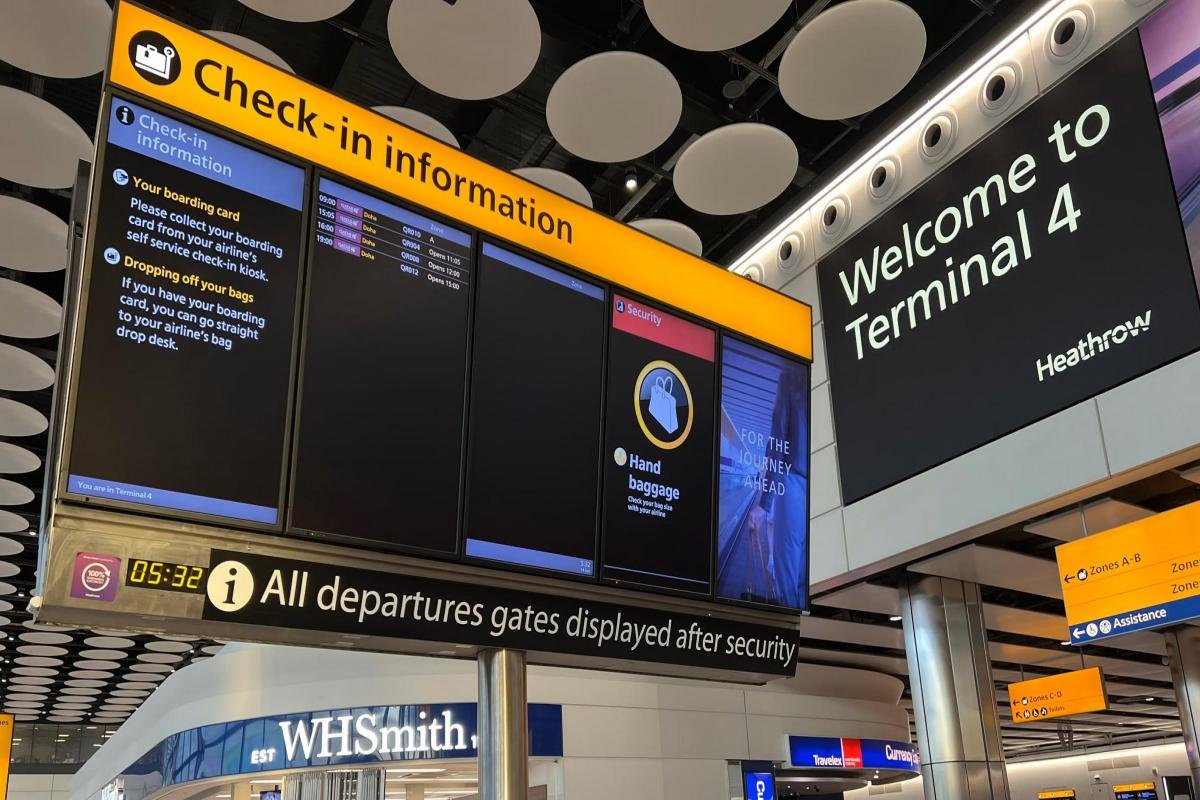Delaware has made strides toward launching its recreational cannabis market, two years after legalization. However, challenges such as municipal bans, zoning restrictions, and delays in background checks have hindered progress. Josh Sanderlin, the newly appointed Marijuana Commissioner, is now taking steps to move the market forward.
Despite the absence of operational dispensaries, Sanderlin announced that the state has begun issuing conditional licenses for cannabis cultivation. On his first day in office, he issued a conditional cultivation license in Georgetown, setting a precedent for future operations.
While retail licenses have yet to be distributed, Sanderlin is prepared to authorize them as businesses submit required documentation. Once a business receives a conditional license, it has 18 months to become fully operational. Sanderlin aims to ensure that the market opens safely and effectively, arguing that the presence of cannabis businesses will help diminish opposition over time.
The implementation of adult-use marijuana in Delaware has faced obstacles due to issues like zoning laws and local government restrictions. For instance, Sussex County has enacted buffer zone regulations that restrict cannabis businesses from operating near schools and other sensitive locations. A legislative bill currently under consideration would modify these buffer zones, potentially allowing businesses to open within 500 feet of sensitive areas, a significant reduction from Sussex County’s current three-mile buffer.
Sanderlin emphasized the importance of finding suitable locations for cannabis businesses and acknowledged the ongoing discussions between state and local governments regarding these regulations. He noted that the perception of cannabis businesses often changes once they are operational and demonstrate their impact on the community.
Another critical aspect of Delaware’s cannabis market is the social equity license program. This initiative aims to support individuals disproportionately affected by cannabis prohibition by ensuring they receive business licenses and financial backing. The state has also introduced conversion licenses, allowing medical marijuana dispensaries to sell recreational products once retail operations are established.
Sanderlin believes that Delaware’s approach to social equity and conversion licenses is ahead of many other states. He pointed out the need for effective funding mechanisms to support social equity applicants, who often face challenges in accessing capital.
Looking ahead, Sanderlin expressed optimism about Delaware’s potential to establish a successful recreational cannabis industry, focusing on immediate goals rather than future adjustments. He acknowledged the hard work of the Office of Marijuana Control in preparing for the market rollout and reiterated the importance of getting the program operational without unnecessary delays.
As Delaware moves closer to launching its recreational cannabis market, Sanderlin’s leadership will be pivotal in navigating the regulatory landscape and addressing the challenges that remain.




